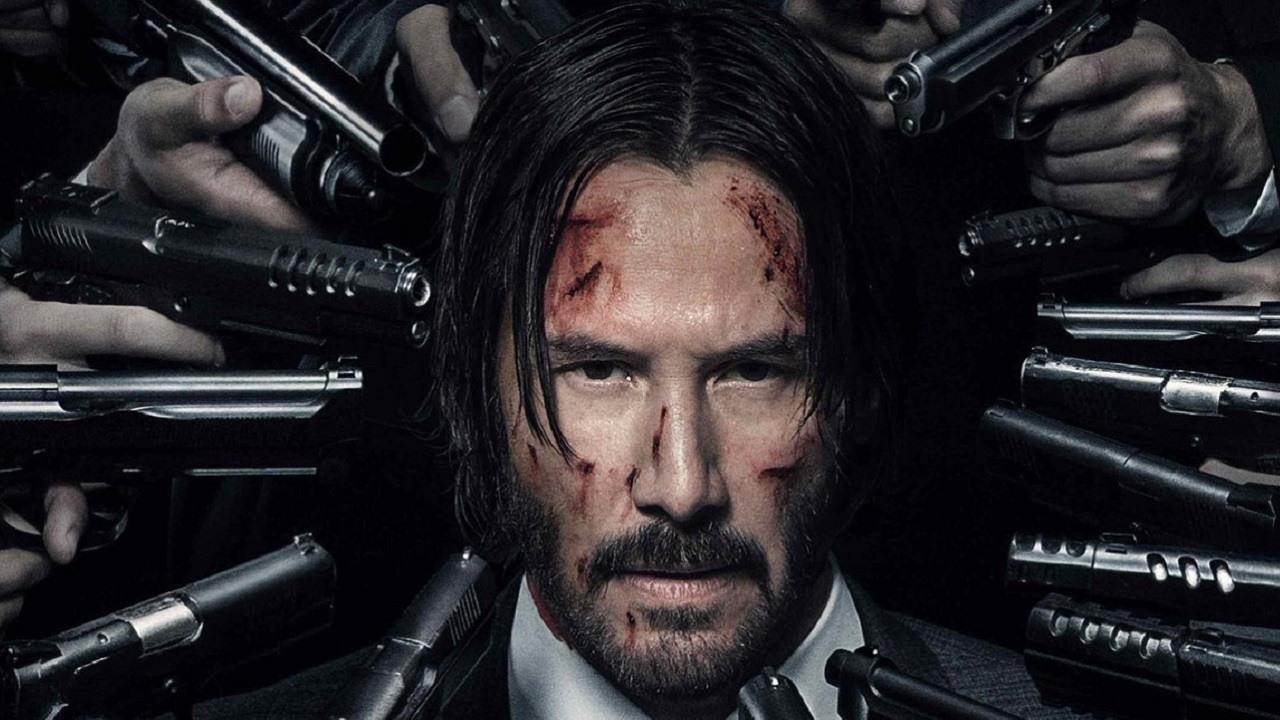
The second part of Park Chan-wook’s Vengeance Trilogy, “Oldboy” stars Min-sik Choi as Oh Dae-su, a man who is kidnapped and imprisoned for 15 years without any apparent reason. When he is released all those years later, he is given clothes, money, and a cell phone, still not knowing why he was incarcerated. Searching for revenge, he discovers that his kidnapper has a plan for him.
This film from 2003, which was released between “Sympathy for Mr. Vengeance” (2002) and “Sympathy for Lady Vengeance” (2005), is ranked at 30 on BBC’s list of the 100 Greatest Films of the 21st Century and it also won the Grand Prix at the 2004 Cannes Film Festival, when Quentin Tarantino was the president of the jury.
Many themes are explored in Park’s masterpiece, such as past sins that influence the present and the future, revenge, violence, hatred, and redemption. The corridor scene is among the most remarkable single shots in cinema history and the direction of this film is exceptional.
“Oldboy” has so many layers and deeper meanings that it can be enjoyed as an action-revenge film or as a philosophical and very human tale of redemption. With that in mind, here is a selection of 10 movies (in fact, 12) that might establish a dialogue with “Oldboy” in one or more of its themes.
So, here are 10 films you should watch if you liked Oldboy.
1. Confessions (2010), directed by Tetsuya Nakashima
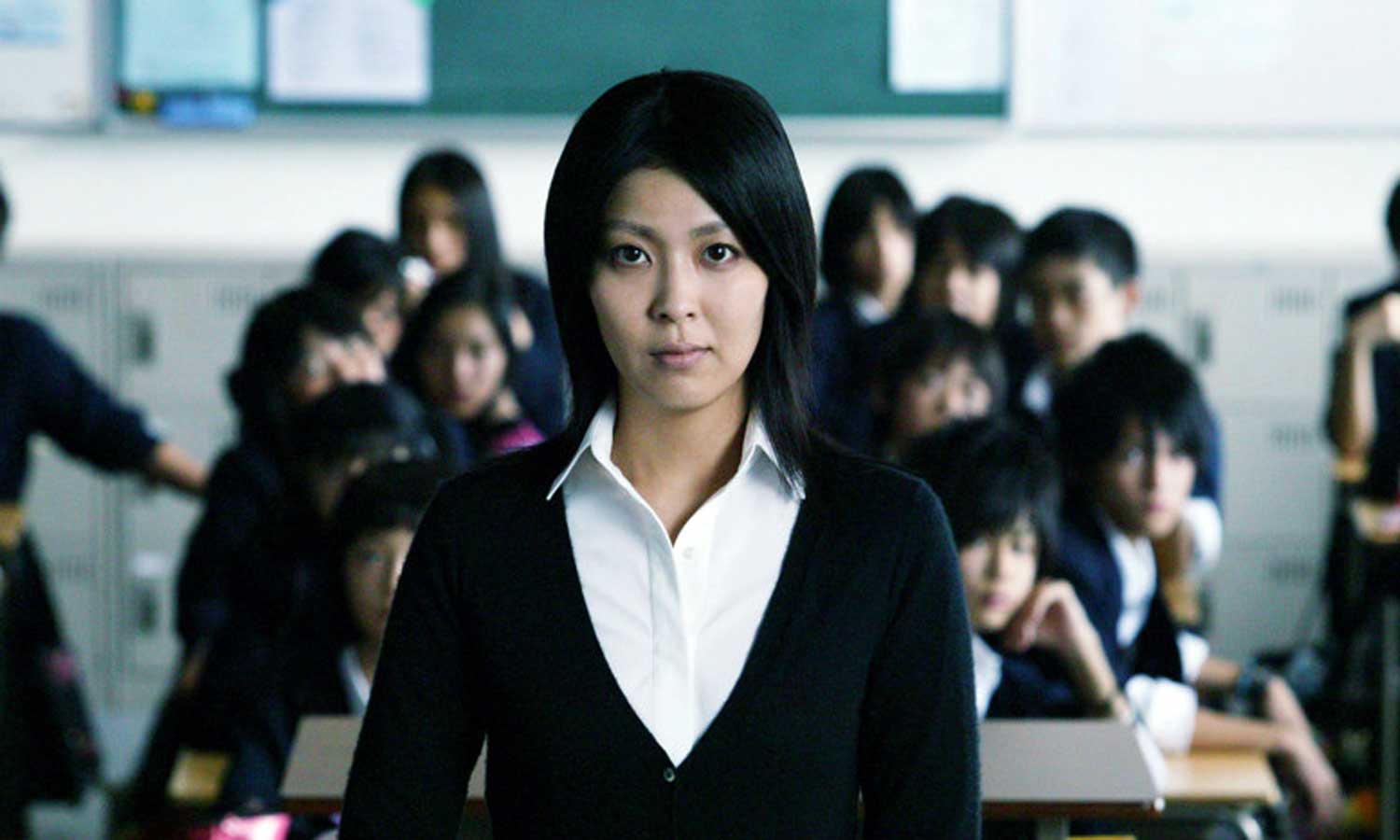
Written and directed by Tetsuya Nakashima and based on the novel by Kanae Minato of the same name, “Confessions” is a tale about grief and vengeance taking place on the last day of class at a junior high school.
The story follows a teacher, Yuko Moriguchi (Takako Matsu), who announces her resignation on this day. She then tells the students about her daughter Manami, who she used to bring to work because her biological father was ill, until one day she found her daughter drowned at the school’s swimming pool. After that, she reveals that two students from her class, which she names Student A and Student B, murdered her daughter.
After the setting of this plot, many events succeed and explore these characters committing this horrible crime and the revenge of Moriguchi, while Nakashima helms this story by manipulating time and our view of the characters line after line.
“Confessions” is a great Japanese thriller that is truly among the greatest of this genre in this decade and has an interesting character arc powered by the performance of Matsu, who shows an extremely calm woman turned into a cold-blooded vindicator.
2. Straw Dogs (1971), directed by Sam Peckinpah
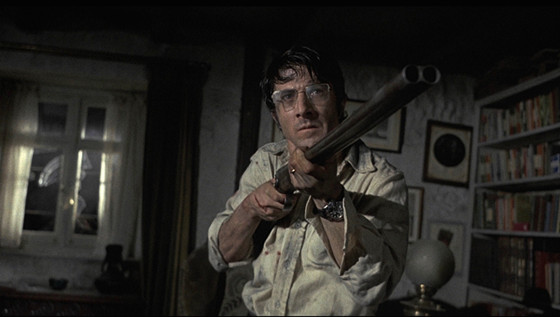
A true poem of violence, Sam Peckinpah’s film “Straw Dogs” is among the best works in the career of a filmmaker responsible for films like “The Wild Bunch” (1969), “Pat Garrett & Billy the Kid” (1973) and “Bring Me the Head of Alfredo Garcia” (1974).
In “Straw Dogs”, in order to get away from violence in the United States, David Summer moves with his British wife Amy to her hometown. After that, they start being harassed by the locals, which leads to a battle between David and the men who are trying to destroy his house.
With many explicit depictions of violence, there was a lot of controversy upon the time of its release with the discussion that brutality was increasing in film. But despite this controversy, “Straw Dogs” is a great revenge film with one of the best performances in Dustin Hoffman’s career that is definitely worth watching.
3. Le Samourai (1967), directed by Jean-Pierre Melville
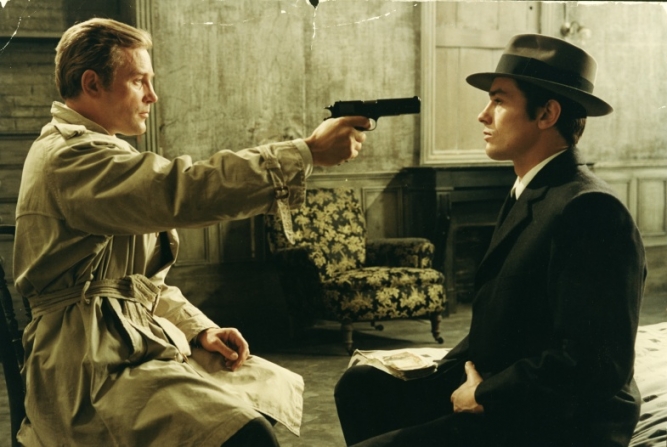
Directed by French filmmaker Jean-Pierre Melville, “Le Samourai” follows Jef Costello (Alain Delon), a hitman that never gets caught. But one night after killing the owner of a nightclub, Costello is seen by witnesses and has to provide himself an alibi.
Being a silent character for most of the running time, Costello has an unique aura that contributes to “Le Samourai” being the truly masterpiece it really is. The way he moves, handles his keys, and even talks set up this peculiar narrative beautifully shot by Melville and cinematographer Henri Decae.
“Le Samourai” had a major influence in films like “The Killer” (1989), directed by John Woo, and “Ghost Dog: The Way of the Samurai”, directed by Jim Jarmusch. It was also ranked at 39 on the list “The 100 Best Films of World Cinema” by Empire Magazine.
Without a doubt among the best French films in history, “Le Samourai”, with the distinct directing of Melville allied with Delon’s somber and precise performance, is a classic that should definitely be seen by any cinephile.
4. Thriller – A Cruel Picture (1973), directed by Bo Arne Vibenius
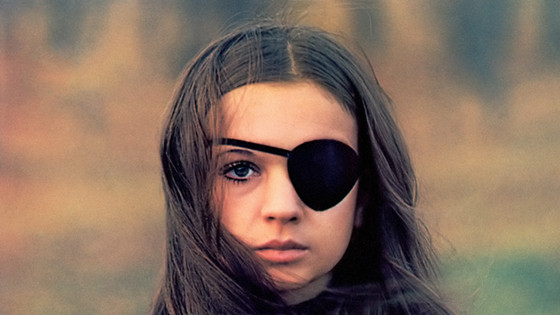
Following the story of a girl who became mute after being abused as a child and, as a young woman, is kidnapped and forced to work as a prostitute for a man who turned her into an heroin addict, “Thriller – A Cruel Picture” is a classic Swedish revenge film that still continues to be influential.
The film was banned in Sweden in 1973 and there was a longtime rumour confirmed by star Christina Lindberg that in the scene where her character’s eye was taken out, a real corpse was used. Bo Arne Vibenius also did not sign the movie because he was trying to cover the financial failure of the first film he made.
Even though the film has really unnecessary explicit sexual scenes and it overuses slow-motion more and more toward the end of the picture, “Thriller – A Cruel Picture” is an iconic revenge tale from the 70s that is definitely worth watching by fans of the genre.
5. The Raid: Redemption (2011) & The Raid 2 (2014), directed by Gareth Evans

These two movies directed by Gareth Evans follow the story of Rama, a policeman from Jakarta, Indonesia who needs to fight a cruel drug lord and his gang in the first film and, in the second chapter of this franchise, needs to enter the criminal underworld to find the corrupt policemen and politicians that really control the criminality in town.
The ‘Raid’ franchise is among the best choreographed and edited films this century so far. Although the characters aren’t as developed and not having the greatest dialogue, these films are a martial arts and action spectacle. The scenes are so well choreographed that it’s breathtaking with the amazing cinematography and editing.
Mandatory for any fan of action features, the good work of Evans and the amazing choreography really puts both of these films among the best of the genre on this century.